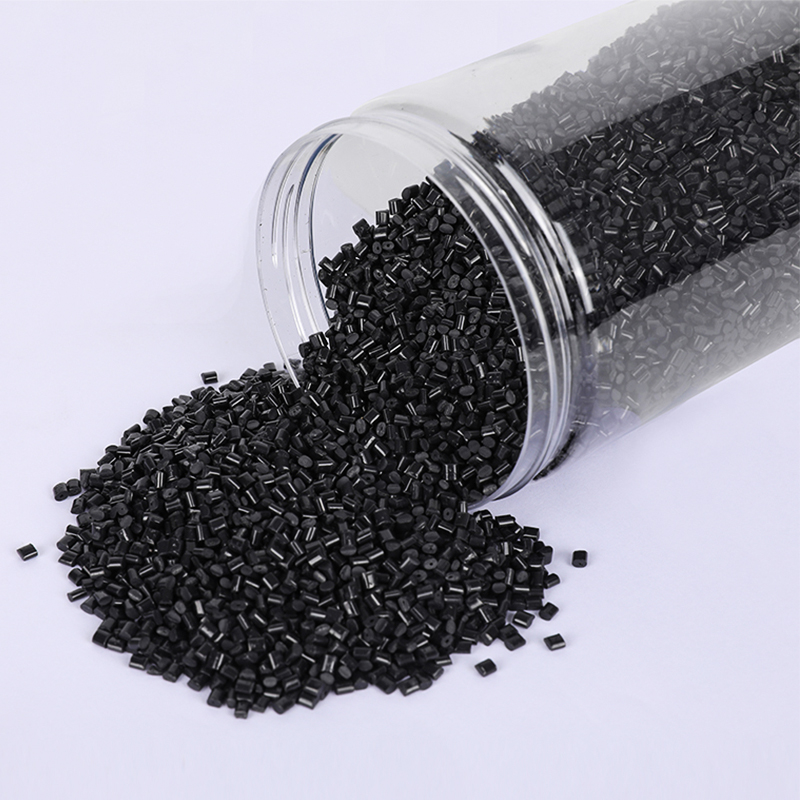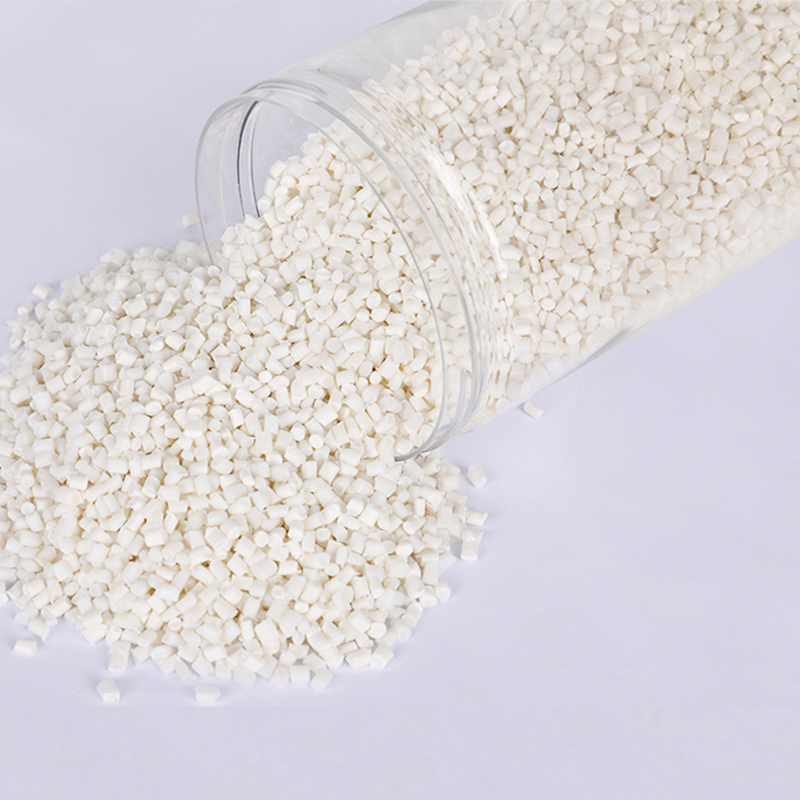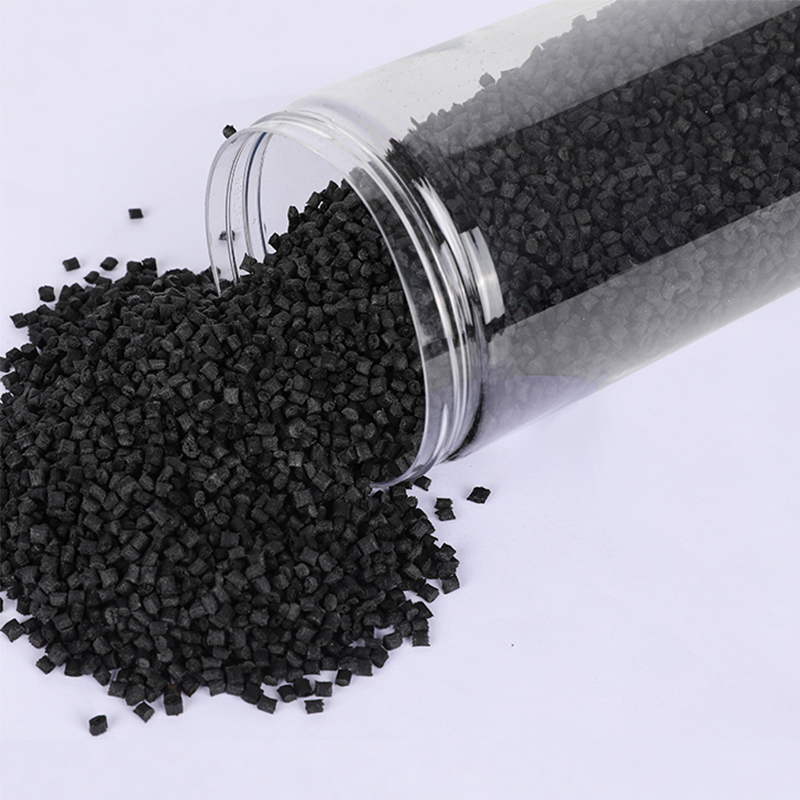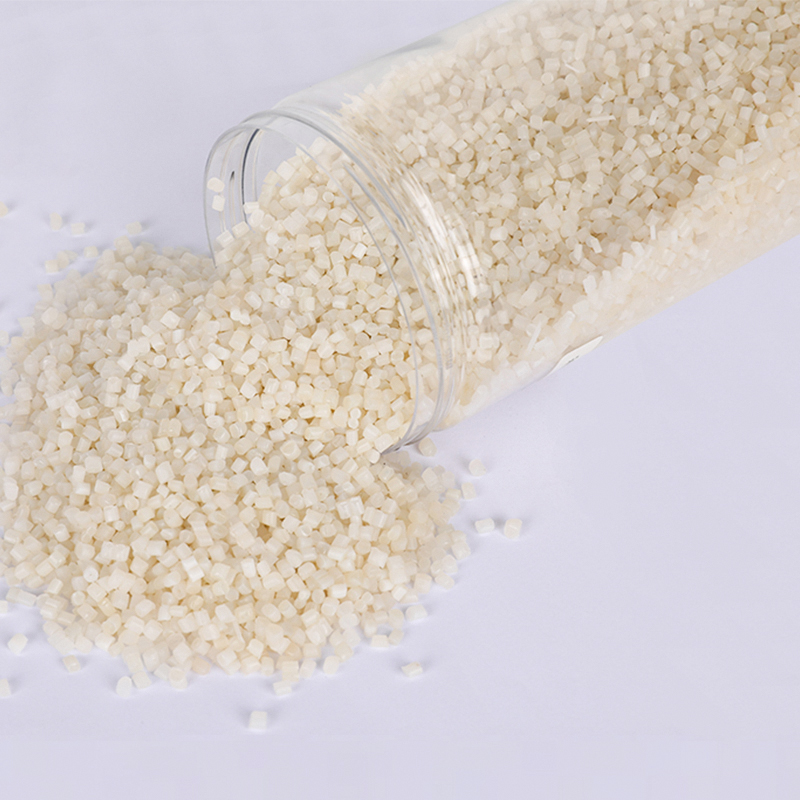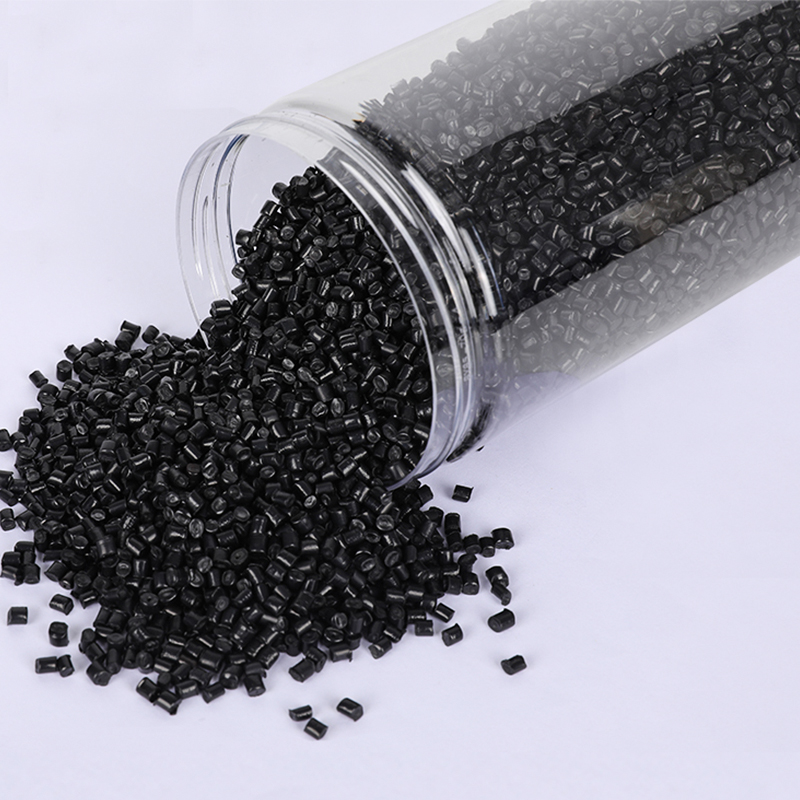Stay up to date with our recent products
Web Menu
Product Search
Exit Menu
Enhancing the Performance of ABS Resin Through Additives and Compounding Techniques for Superior Quality and Durability
ABS resin is known for its remarkable properties such as impact resistance, heat resistance, and excellent processability, making it one of the most versatile thermoplastic materials used across industries. However, its inherent properties can be further enhanced through the use of additives and compounding techniques, providing solutions that meet the specific needs of a wide range of applications. By incorporating specialized additives, manufacturers can tailor ABS resin to meet stringent requirements, improving its durability, flexibility, and overall performance.
Additives play a crucial role in enhancing the properties of ABS resin. For instance, flame retardants can be added to ABS to meet fire safety standards without compromising the material's mechanical integrity. Similarly, impact modifiers can be used to improve the resin's toughness, ensuring that ABS products can withstand higher levels of stress or physical impact. UV stabilizers, another popular additive, protect ABS resin from degradation caused by prolonged exposure to sunlight, making it ideal for outdoor applications where UV exposure is a concern. These additives are strategically chosen to match the specific environmental and performance demands of the product.
Beyond additives, compounding is another key technique that allows manufacturers to enhance the properties of ABS resin. Compounding involves blending ABS with other materials, such as glass fibers, carbon fibers, or mineral fillers, to improve its strength, stiffness, and heat resistance. This process can significantly improve the resin’s performance in demanding applications, such as automotive parts or industrial equipment, where additional structural integrity is required. The right combination of fillers and reinforcements can result in a lightweight yet durable material that can handle even the most challenging environments.
The compounding process also allows for the production of custom-colored ABS resin, making it an attractive choice for industries that require specific hues for design or branding purposes. By integrating color masterbatches into the ABS formulation, manufacturers can achieve consistent, vibrant colors without sacrificing the resin's other properties. This is especially important in consumer goods and electronics, where aesthetics are just as important as performance. The ability to combine function and design in one material makes ABS resin a go-to solution for manufacturers looking to create both durable and visually appealing products.
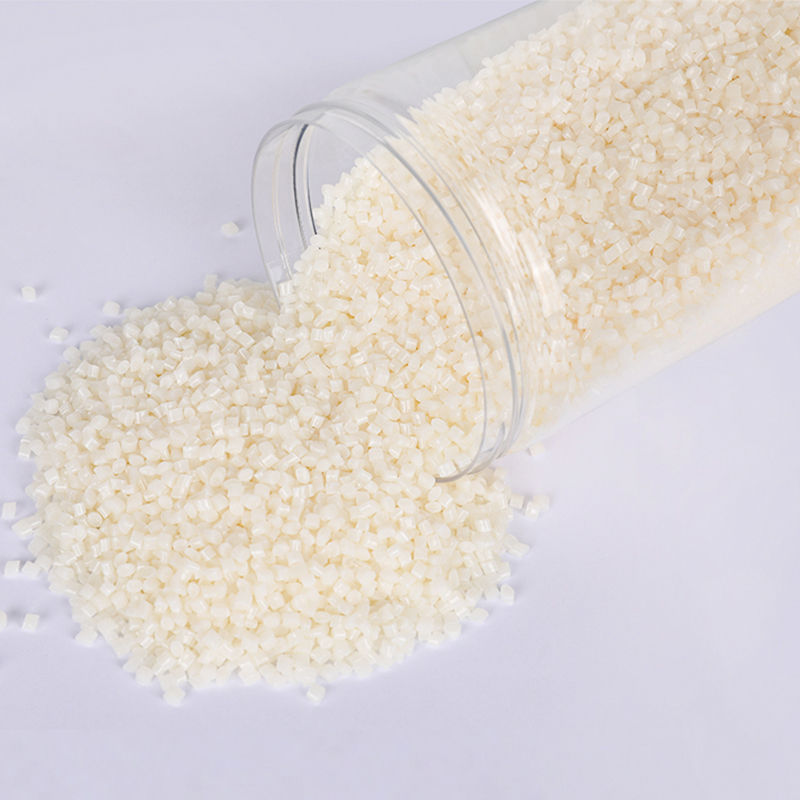
Moreover, the versatility of ABS resin extends to its recyclability. As sustainability becomes an increasing priority in various industries, manufacturers are looking for ways to reduce environmental impact without compromising product performance. ABS resin can be reprocessed and reused, minimizing waste and offering an eco-friendly option for businesses. Additionally, some advanced compounding techniques focus on enhancing the recyclability of ABS, ensuring that it can be efficiently repurposed while maintaining its superior properties.
When selecting ABS resin with enhanced performance through additives and compounding, it’s essential to work closely with experienced suppliers who understand the intricacies of material behavior and processing. This collaboration ensures that the final product meets both functional and aesthetic requirements. At [Your Company Name], we specialize in providing high-quality ABS resin solutions, offering a range of customized options tailored to your specific needs. Whether you are looking for enhanced chemical resistance, improved impact performance, or design flexibility, we can help you find the ideal solution.
In conclusion, the use of additives and compounding techniques is pivotal in optimizing the performance of ABS resin for various industrial applications. These methods not only allow for the creation of highly specialized materials but also offer manufacturers the flexibility to meet evolving market demands. With the right enhancements, ABS resin can continue to be the material of choice for industries seeking both durability and versatility. For manufacturers looking to achieve the perfect balance of performance, aesthetics, and sustainability, working with a trusted ABS supplier can make all the difference.
As China PCR Recycled Plastic Granules Factory, We always adhere to the experience and philosophy of "keeping up with the times, constantly innovating, developing efficiently, and cooperating for mutual benefit"

Address: No.11, Wangzhuang Section, Provincial Road 01, Daqiao New Area, Economic Development Zone, Haiyan County, Jiaxing City, Zhejiang Province, China
Phone: +86-18058285678
Fax: +86-0573-86868101
E-mail: [email protected]
SUNRISE GROUP(Overseas Exclusive Agent)
www.sunrisechemical.com
2024 ICIS Global Chemical Distributor Top 8
Export Sales Manager:Helen Zhang
Mob/Whatsapp: +86 19883063465
Email: [email protected]
Copyright © Jiaxing Anyiju Plastic Industry Co., Ltd. All Rights Reserved

 简体中文
简体中文 English
English

